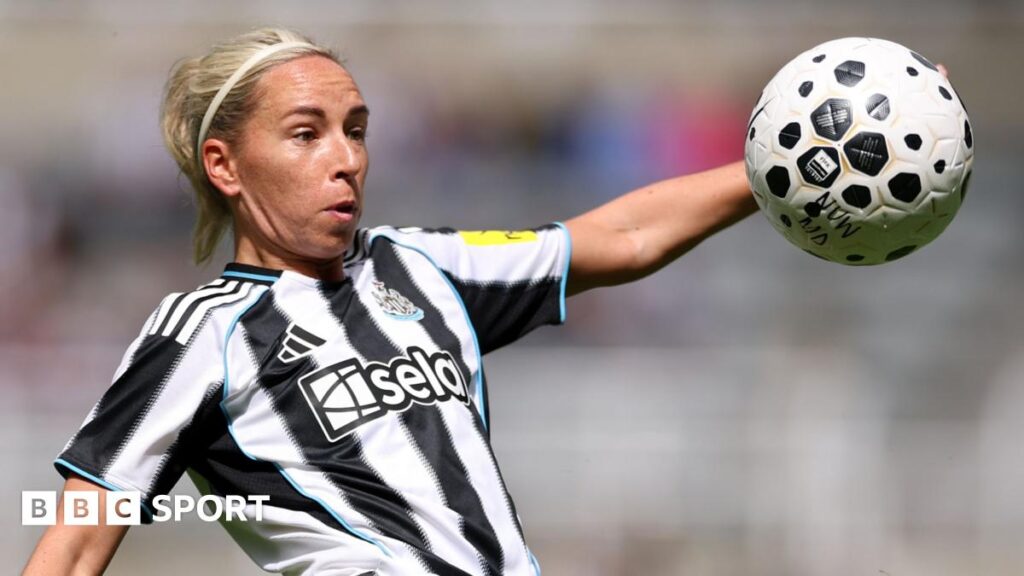For years, a recurring narrative in the lower tiers of English women’s football has been of the part-time player having to balance work with their love of the game.
Common are tales of players finishing a nine-to-five job, rushing straight to training for two hours then home to sleep, with no time to eat properly or for a social life.
An over-romanticised symbol of the poor investment that plagued women’s football for years, it is thankfully no more in the Women’s Super League 2.
For the first time, in the 2025-26 campaign which starts on Friday, all 12 sides in the second tier will be fully professional.
The growth of the WSL2, renamed this season from the Women’s Championship, has allowed clubs to make marquee signings in recent years.
Last season, London City Lionesses brought in Sweden captain Kosovare Asllani. This summer, Newcastle United have signed former Arsenal and Aston Villa midfielder Jordan Nobbs.
Nobbs, who has 71 England caps, is also making a homecoming. Born in Stockton-on-Tees, she started her career in Sunderland but moved away in part because of a lack of professional opportunities in the north east.
“Seeing the really big ambitions in Newcastle, it was a no-brainer,” she told BBC Sport of a life in football that started with her first team aged seven.
“We used to play games behind a Morrisons car park. I was in an all-girls team in a boys league. My dad used to play football, we would play head tennis.
“But the game had not developed, now it has and it is huge to see. You want football to develop, and little girls to be able to play up there, join teams and play professionally.
“I’ve been very lucky to play for top clubs for a long time. But it’s a new challenge for me, I saw their ambition. They really wanted me to go, and I really believe in the team.”
Nobbs is not the only Lioness to leave her home region to seek opportunities elsewhere. Lucy Bronze and Beth Mead were also born in the north east but moved away to play professionally.
“I’ve never had so many messages, everyone I know saying ‘You’re coming home’,” she says. “I’ve lived in London so long, everyone says I’m a southern softie now.
“Moving away is difficult for everyone, but to come back and still be at a high level was perfect.”
Nobbs, who is fronting a new FA campaign celebrating grassroots football, says a professional WSL2 is important for giving girls the chances she and her generation found so restricted.
“That’s the way we want to go,” she said of the full-time second tier. “We want to allow people chance to complete their dream as a footballer. We need that to keep happening. There will never be a stopping point, we will always push to be bigger and better.”


